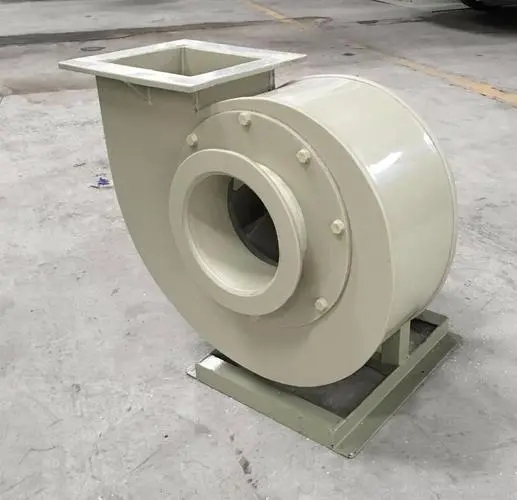conductor resistance measuring instrument supplier
Understanding Conductor Resistance Measuring Instruments and Their Suppliers
In the realm of electrical engineering, the accurate measurement of conductor resistance is critical for ensuring the efficiency and safety of electrical systems. Conductor resistance measuring instruments are vital tools used by professionals in various sectors, from manufacturing and construction to telecommunications and beyond. This article aims to provide a comprehensive overview of these instruments and their suppliers, highlighting their significance and the factors to consider when selecting a supplier.
Importance of Measuring Conductor Resistance
Conductor resistance measurements are essential for several reasons. High resistance in electrical conductors can lead to increased power losses, overheating, and ultimately, equipment failure. By measuring the resistance of conductors, engineers can ensure that the electrical pathways are functioning correctly and efficiently. Regular monitoring can also aid in predictive maintenance, allowing potential issues to be addressed before they escalate into costly repairs.
Types of Conductor Resistance Measuring Instruments
Several types of instruments are available for measuring conductor resistance. The most common include
1. Digital Multimeters (DMMs) These versatile devices can measure resistance along with other parameters such as voltage and current. They're suitable for quick checks but may not provide the precision required for critical applications.
2. Micro-ohmmeters Designed for measuring low resistance, micro-ohmmeters are ideal for applications involving connections such as bus bars, circuit breakers, and transformers. They operate with high accuracy and are often preferred for laboratory and field testing.
3. Four-Wire Resistance Testers This type of instrument uses a four-wire measuring method to eliminate the effects of lead and contact resistance, thereby providing precise resistance measurements. These testers are commonly used in quality control and for ensuring the reliability of electric systems.
4. Wheatstone Bridge This is a classical method for measuring resistance and is still used in various applications today, particularly in laboratory settings. It helps achieve high accuracy but may require a more skilled operator.
conductor resistance measuring instrument supplier

Choosing the Right Supplier
When it comes to sourcing conductor resistance measuring instruments, selecting the right supplier is paramount to ensuring quality and reliability. Here are several factors to consider
1. Reputation and Experience Opt for suppliers with a solid reputation and extensive experience in the industry. Established suppliers are more likely to provide reliable and accurate instruments, along with necessary support services.
2. Product Range A supplier that offers a wide range of measuring instruments allows you to compare products easily and choose the one that best fits your specific requirements. It also simplifies future purchases if you need additional equipment.
3. Technical Support and Service Reliable suppliers should offer excellent customer support, including technical assistance, product training, and maintenance services. This support can be invaluable in maximizing the lifespan and reliability of your measuring equipment.
4. Calibration and Certification Ensure that the supplier provides calibration services and certifications for their instruments. This ensures that the devices are accurate and meet industry standards, which is crucial for professional applications.
5. Pricing and Warranty While price is an important factor, it should not be the sole consideration. Assessing the overall value, including warranty terms and after-sales service, is crucial for making a wise investment.
Conclusion
In summary, conductor resistance measuring instruments are essential for maintaining the integrity and efficiency of electrical systems. With a variety of options available, selecting the right instrument depends on the specific application and accuracy requirements. Equally important is choosing a reliable supplier who can provide high-quality equipment along with the necessary support to ensure optimal performance. By considering factors like reputation, product range, and customer service, you can make an informed decision that meets your organization's needs and contributes to the overall safety and efficiency of your electrical systems. With the right tools and support, professionals can confidently address the challenges associated with measuring conductor resistance, ultimately contributing to safer and more efficient operations.
-
Why the Conductor Resistance Constant Temperature Measurement Machine Redefines Precision
NewsJun.20,2025
-
Reliable Testing Starts Here: Why the High Insulation Resistance Measuring Instrument Is a Must-Have
NewsJun.20,2025
-
Flexible Cable Flexing Test Equipment: The Precision Standard for Cable Durability and Performance Testing
NewsJun.20,2025
-
Digital Measurement Projector: Precision Visualization for Modern Manufacturing
NewsJun.20,2025
-
Computer Control Electronic Tensile Tester: Precision and Power for the Modern Metal Industry
NewsJun.20,2025
-
Cable Spark Tester: Your Ultimate Insulation Assurance for Wire and Cable Testing
NewsJun.20,2025
 Copyright © 2025 Hebei Fangyuan Instrument & Equipment Co.,Ltd. All Rights Reserved. Sitemap | Privacy Policy
Copyright © 2025 Hebei Fangyuan Instrument & Equipment Co.,Ltd. All Rights Reserved. Sitemap | Privacy Policy
